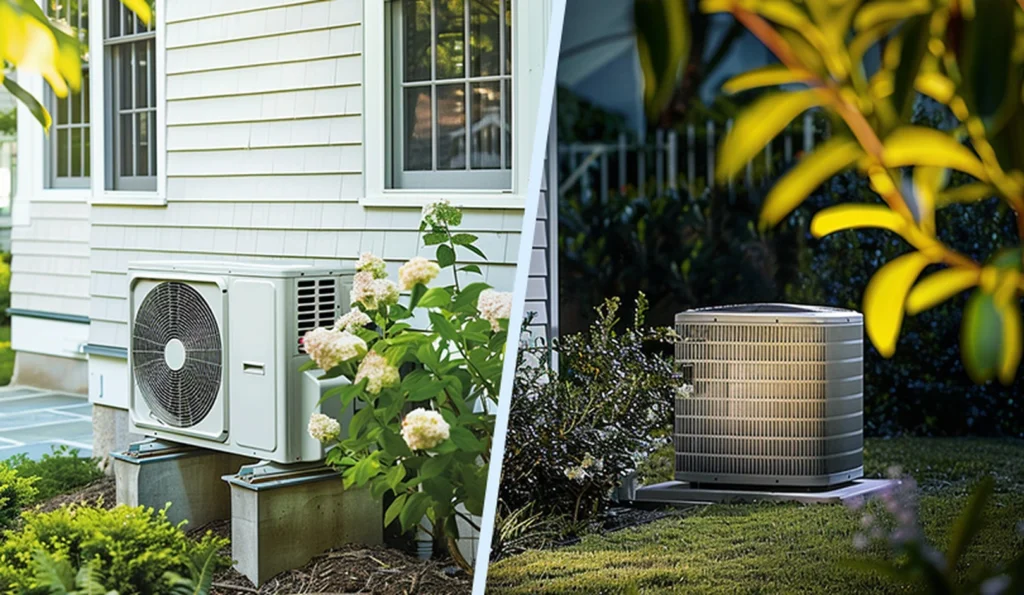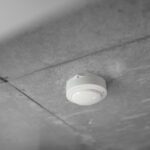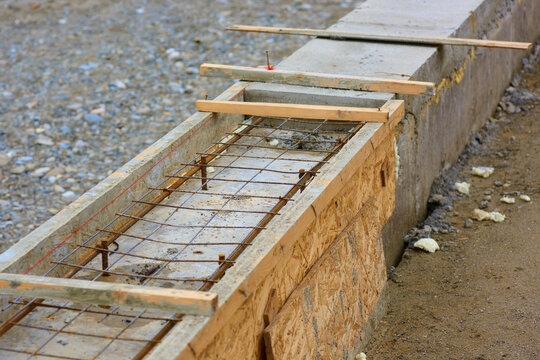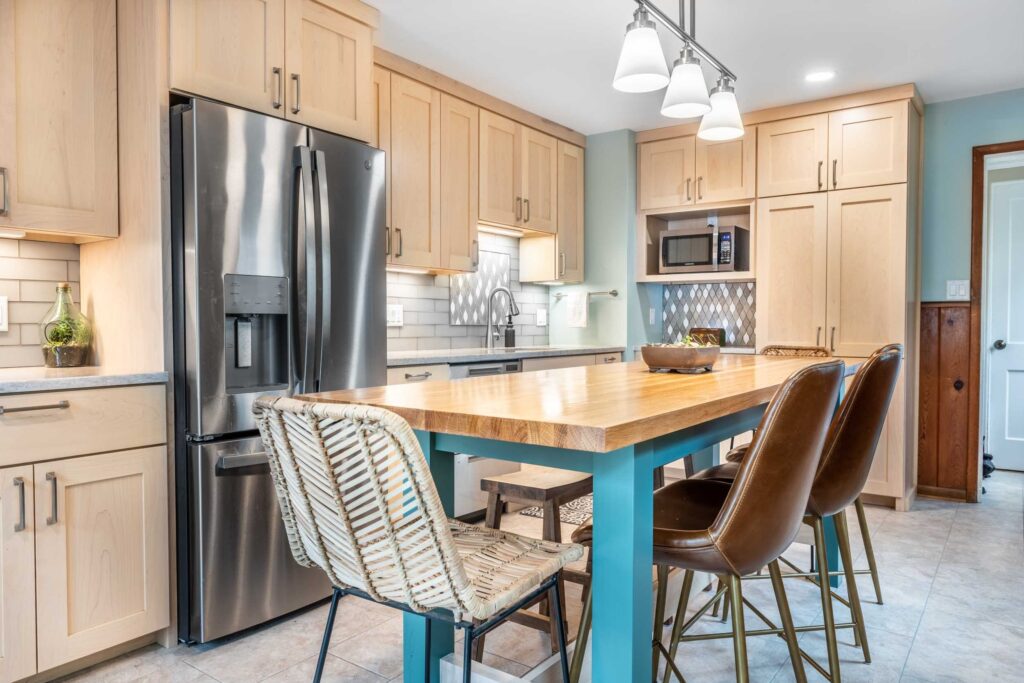When it comes to cooling your home, two systems often come to mind: heat pumps and air conditioners. At first glance, they seem almost identical—both move heat from inside your home to the outdoors to keep you comfortable in warm weather. But when it comes to versatility, efficiency, and cost, the heat pump vs air conditioner debate gets a bit more complicated.
If you’re considering a new HVAC system, understanding the differences between these two options is key to making the right investment. Let’s break down how each system works, their pros and cons, and which one might be the better choice for your home.
How Heat Pumps and Air Conditioners Work
Although their names differ, the basic cooling process is the same. Both heat pumps and air conditioners rely on refrigerant and a compressor to absorb heat from inside your home and release it outdoors. This process cools your living spaces efficiently during the summer.
The major distinction lies in what happens when the seasons change:
- Air Conditioners: They can only cool your home. To heat your home in the winter, you’ll need a separate system, usually a furnace.
- Heat Pumps: They can both cool and heat. A heat pump reverses its cycle in colder weather, pulling heat from outside air (even in winter) and transferring it indoors.
That flexibility is what sets a heat pump apart—and it’s why the heat pump vs air conditioner conversation is worth having.
Key Differences Between Heat Pumps and Air Conditioners
1. Heating Capability
- Air Conditioner: Provides cooling only; requires a furnace or other heat source in winter.
- Heat Pump: Works as both a heater and cooler, eliminating the need for a separate heating system in many climates.
2. Energy Efficiency
Heat pumps are generally more energy-efficient than traditional heating methods, especially electric resistance heating. In moderate climates, this can lead to significant energy savings. However, in very cold climates, heat pumps can become less efficient and may need supplemental heating.
3. Installation and Equipment
- With an air conditioner, you typically pair the system with a furnace for year-round comfort.
- A heat pump can serve as a standalone system, though it’s often paired with a backup heating source in colder regions.
4. Cost
- Upfront Cost: Heat pumps usually cost more to purchase and install than air conditioners.
- Operating Cost: Over time, the energy efficiency of a heat pump can offset the higher initial investment, especially if you live in a climate where you can use it year-round.
Pros and Cons of Air Conditioners
✅ Pros:
- Lower upfront cost compared to heat pumps.
- Works well in very hot climates where cooling is the primary concern.
- When paired with a furnace, can provide reliable comfort year-round.
❌ Cons:
- Cooling only—requires additional heating equipment.
- Less energy-efficient overall since heating depends on a separate system.
- Long-term operating costs may be higher if you rely heavily on both heating and cooling.
Pros and Cons of Heat Pumps
✅ Pros:
- Provides both heating and cooling in one system.
- Highly energy-efficient, especially in moderate climates.
- Can lower utility bills by replacing less efficient heating sources.
- Environmentally friendly—uses electricity instead of burning fossil fuels.
❌ Cons:
- Higher upfront installation cost.
- May need supplemental heat in extremely cold climates.
- Lifespan may be shorter than an air conditioner paired with a furnace, since it runs year-round.
Climate Considerations: Where Each Option Works Best
One of the biggest factors in the heat pump vs air conditioner decision is climate.
- Mild to Moderate Climates: Heat pumps are ideal. They provide efficient year-round comfort and rarely need supplemental heat.
- Hot, Humid Climates: Both systems perform well for cooling, but an air conditioner may make more sense if you already have an efficient furnace for heating.
- Cold Climates: Air conditioners paired with furnaces may be more reliable. Modern cold-climate heat pumps are improving, but supplemental heating is often still necessary.
Cost Comparison: Which Saves More?
The financial side of the heat pump vs air conditioner debate comes down to upfront vs long-term costs.
- Initial Installation: Heat pumps can cost 20–40% more to install than air conditioners.
- Operating Costs: Heat pumps can save you money on heating bills since they’re more efficient than furnaces, particularly if you’re currently using electric resistance or oil heating.
- Maintenance: Both systems require annual maintenance, but heat pumps may see slightly higher service costs since they operate year-round.
Over a 10–15 year lifespan, many homeowners find that heat pumps save more money in total, especially in climates where they don’t need much backup heating.
Environmental Impact
If sustainability is part of your decision-making process, heat pumps are the greener choice. They run entirely on electricity, which can be paired with renewable energy sources like solar panels. Air conditioners themselves aren’t inherently less eco-friendly, but since they rely on separate heating systems—often gas or oil furnaces—the overall carbon footprint tends to be higher.
Which System Should You Choose?
So, how do you decide in the heat pump vs air conditioner debate? Consider the following factors:
- Your Climate
- Mild climate? A heat pump is likely the best option.
- Extremely cold winters? An air conditioner plus a furnace may be more reliable.
- Your Budget
- Tight upfront budget? An air conditioner is more affordable initially.
- Willing to invest for long-term savings? A heat pump may pay off.
- Your Heating System
- Already have a newer, efficient furnace? Adding an air conditioner may make the most sense.
- Need both heating and cooling? A heat pump can cover both with one system.
- Your Sustainability Goals
- Want to reduce your carbon footprint? Heat pumps are the eco-friendlier choice.
Final Thoughts
When weighing heat pump vs air conditioner, there’s no one-size-fits-all answer. If you live in a moderate climate and want one system that does it all, a heat pump is an excellent choice that offers efficiency and environmental benefits. But if you already have a reliable heating system and just need cooling, an air conditioner may be the more cost-effective solution.
Ultimately, the right choice depends on your home, climate, budget, and goals. Consulting with a qualified HVAC professional can help you make the most informed decision and ensure your home stays comfortable year-round. For homeowners in Las Vegas, exploring the best HVAC installers in Las Vegas, NV can help you find top-rated local experts for both heat pump and air conditioner installation, ensuring efficiency and reliability.






